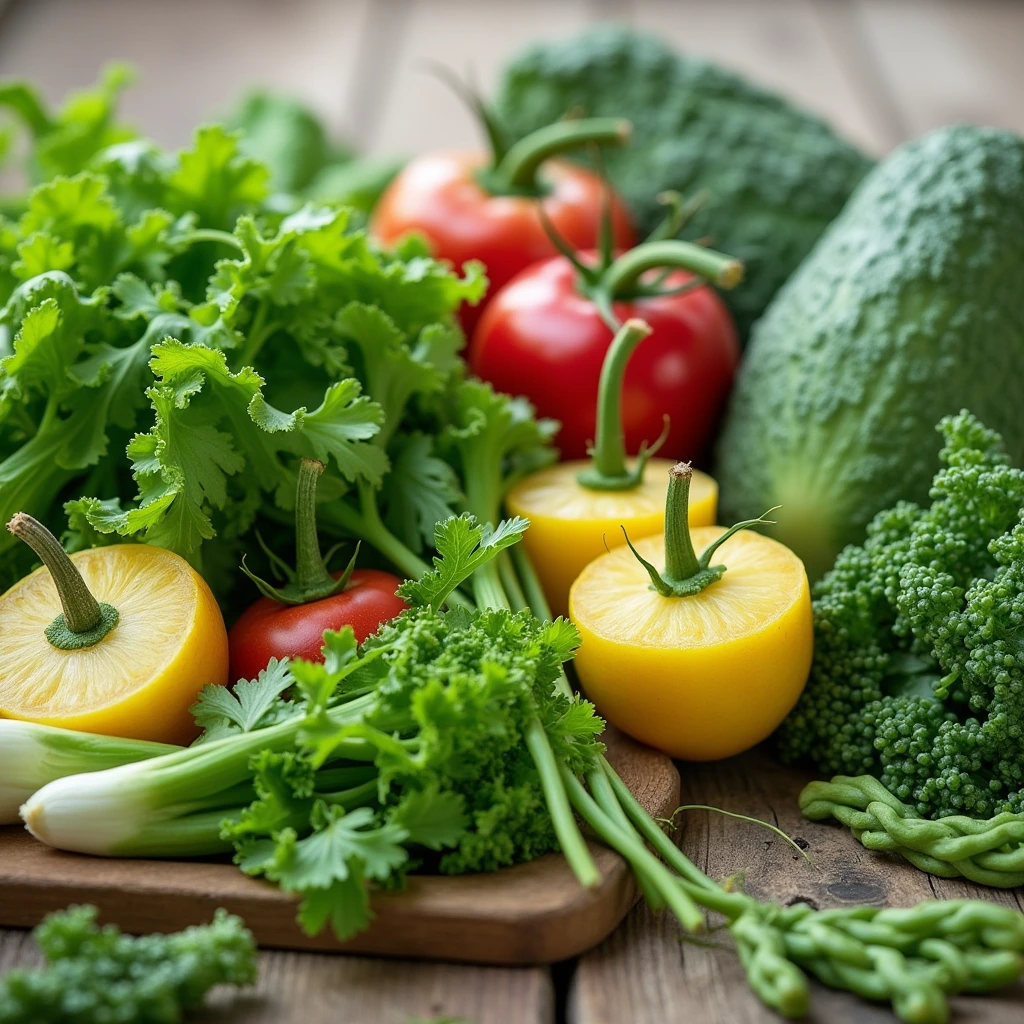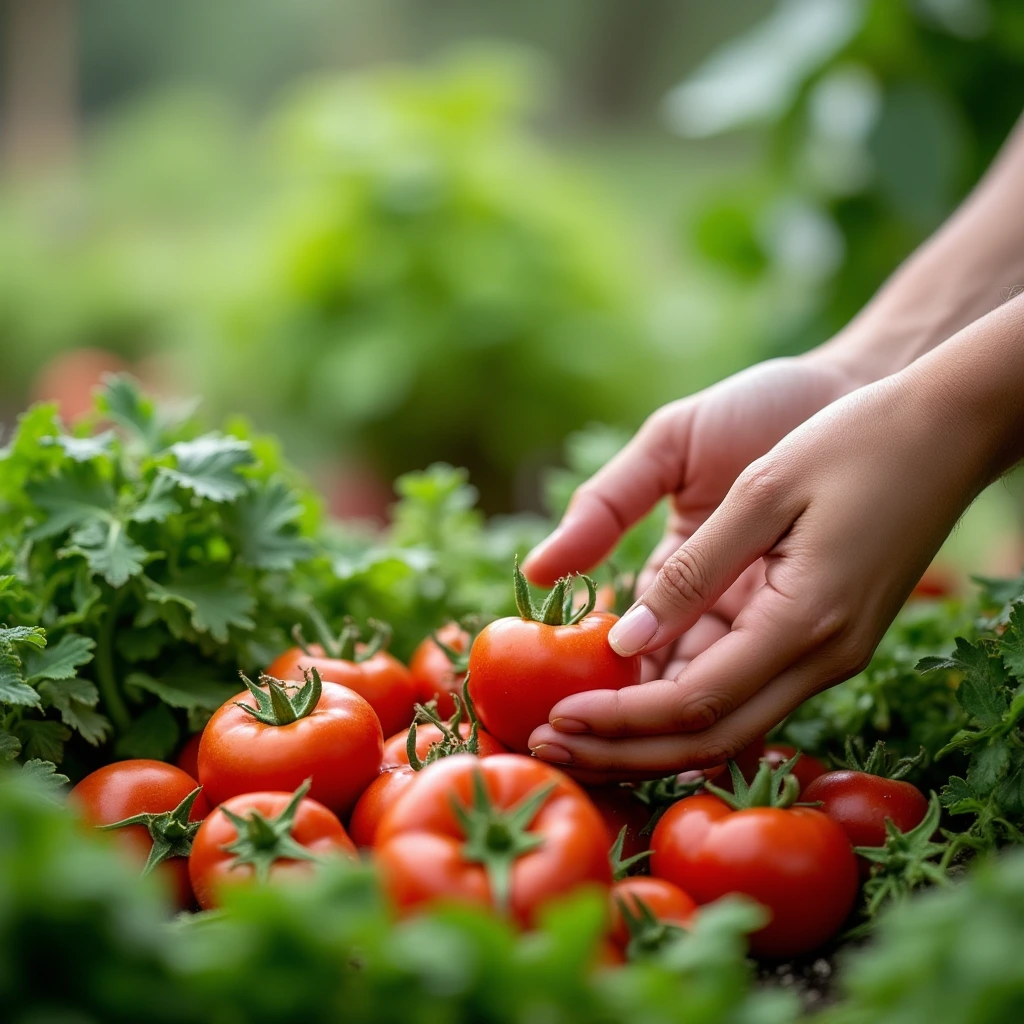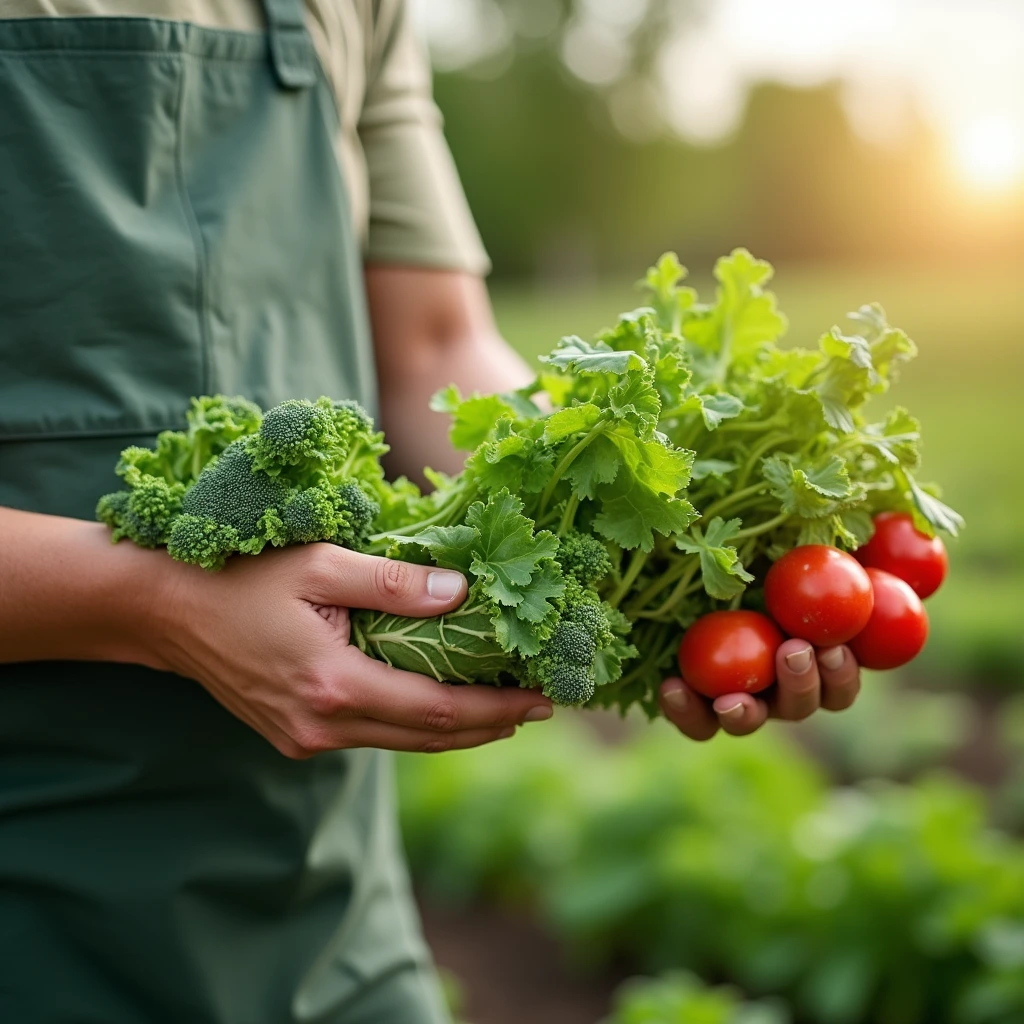Organic Vegetables – The Key to a Healthier and Greener Future
In recent years, the popularity of organic vegetables has grown dramatically across the world. More people are becoming aware of the importance of healthy eating, sustainable agriculture, and environmental protection. Organic vegetables represent a natural and environmentally friendly alternative to conventionally grown produce, offering benefits that extend far beyond personal health. They promote biodiversity, protect soil health, and contribute to a cleaner planet.
![]()
What Are Organic Vegetables?
Organic vegetables are crops grown without the use of synthetic pesticides, fertilizers, genetically modified organisms (GMOs), or chemical additives. Instead, farmers use natural methods to enrich the soil, control pests, and maintain crop health. This includes crop rotation, composting, natural fertilizers like manure, and biological pest control.
Unlike conventional farming, which often prioritizes yield and cost efficiency, organic farming emphasizes balance — between humans, plants, animals, and the ecosystem. Farmers rely on natural cycles and ecological processes to nurture crops. This holistic approach results in vegetables that are not only fresh and flavorful but also free from harmful residues.

Health Benefits of Eating Organic Vegetables
One of the main reasons people choose organic vegetables is their potential health benefits. By avoiding synthetic chemicals and GMOs, organic produce may reduce exposure to harmful substances that can accumulate in the body over time.
- Fewer chemicals and toxins: Organic vegetables are grown without synthetic pesticides or herbicides, lowering the risk of chemical ingestion.
- Higher nutrient content: Studies suggest that some organic vegetables contain higher levels of vitamins, minerals, and antioxidants.
- Better for gut health: Since organic farming uses natural composts and biological fertilizers, the produce may contain beneficial microbes that support digestion.
- Improved taste and freshness: Organic vegetables are often grown locally and harvested at their peak, resulting in richer flavor and better texture.
Environmental Impact of Organic Farming
Beyond health, organic farming plays a critical role in preserving the environment. The techniques used help maintain long-term soil fertility, reduce water pollution, and minimize greenhouse gas emissions.
Traditional farming often depletes soil nutrients and relies on chemical inputs that can contaminate rivers and groundwater. In contrast, organic farming nourishes the soil naturally through crop rotation, composting, and organic manure. This not only restores fertility but also enhances soil biodiversity, allowing earthworms, fungi, and beneficial bacteria to thrive.
Additionally, organic farms tend to consume less energy and emit fewer greenhouse gases. The absence of synthetic fertilizers reduces nitrogen runoff, which is a major contributor to climate change and ocean pollution.

How to Identify Organic Vegetables
With so many products on the market, it can be confusing to distinguish between organic and non-organic vegetables. The easiest way is to look for official certification labels. In the United States, the USDA Organic seal guarantees that a product meets strict organic farming standards. In the European Union, you can look for the EU Organic Logo, a green leaf made of stars.
Other signs of organic produce include natural imperfections, seasonal availability, and locally sourced products. Farmers’ markets are a great place to find truly organic vegetables directly from local growers.
Growing Your Own Organic Vegetables
You don’t need to be a farmer to enjoy the benefits of organic vegetables — you can grow them right at home! Home gardening allows you to control every step of the process, from soil selection to harvest, ensuring your vegetables are 100% natural and chemical-free.
Start by choosing a sunny location with nutrient-rich soil. Use compost made from kitchen scraps and natural materials to fertilize your plants. Avoid chemical pest control — instead, introduce beneficial insects like ladybugs, or use homemade solutions such as neem oil or garlic spray.
Some of the easiest organic vegetables to grow at home include tomatoes, lettuce, spinach, carrots, and cucumbers. These plants are low-maintenance and thrive in small garden beds or containers.
Supporting the Organic Movement
Choosing organic vegetables isn’t just a personal decision — it’s a vote for a more sustainable future. Every purchase supports farmers who are committed to protecting the planet, preserving biodiversity, and promoting ethical agricultural practices.
Consumers can also advocate for organic farming by supporting local cooperatives, community-supported agriculture (CSA) programs, and sustainable food policies. Spreading awareness about the importance of organic vegetables encourages others to make healthier and more environmentally responsible choices.

Challenges and Future of Organic Farming
Despite its advantages, organic farming faces several challenges, including higher production costs, lower yields, and limited access to organic certification in developing countries. However, advances in agricultural technology and growing consumer demand are helping to overcome these barriers.
Governments and organizations around the world are also providing incentives and educational programs to support organic farmers. As awareness continues to grow, the future of organic vegetables looks bright — both for our health and for the planet.
Conclusion
Organic vegetables are more than just a food trend — they represent a shift toward a healthier, more sustainable, and more ethical way of living. By choosing organic, you’re not only nourishing your body with cleaner, nutrient-rich produce but also helping protect the Earth for future generations. Whether you buy from local farms or grow your own, every step toward organic living makes a difference.